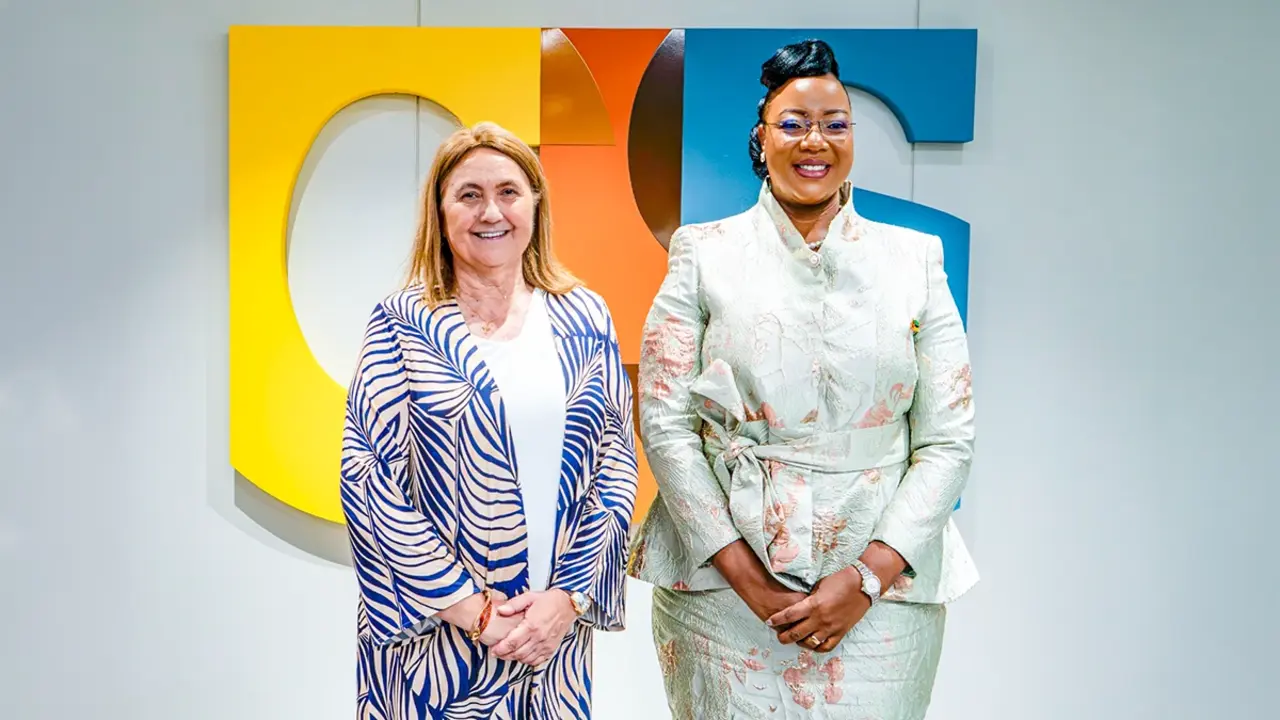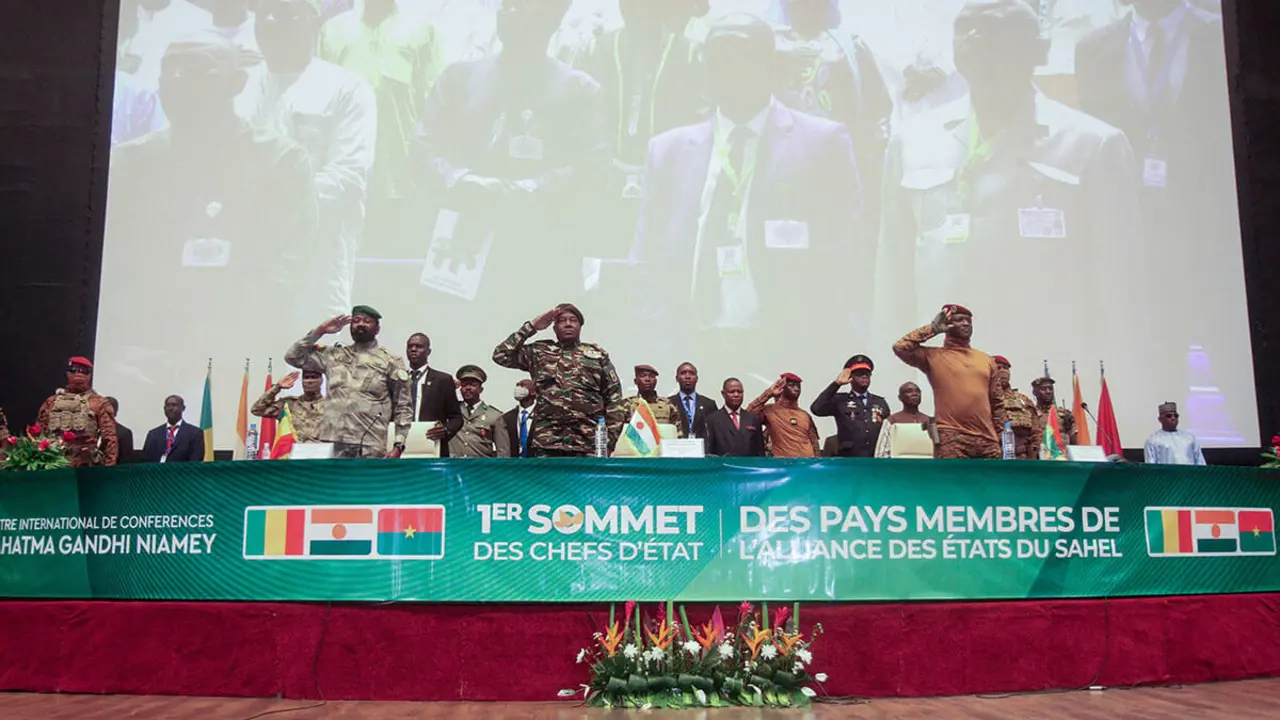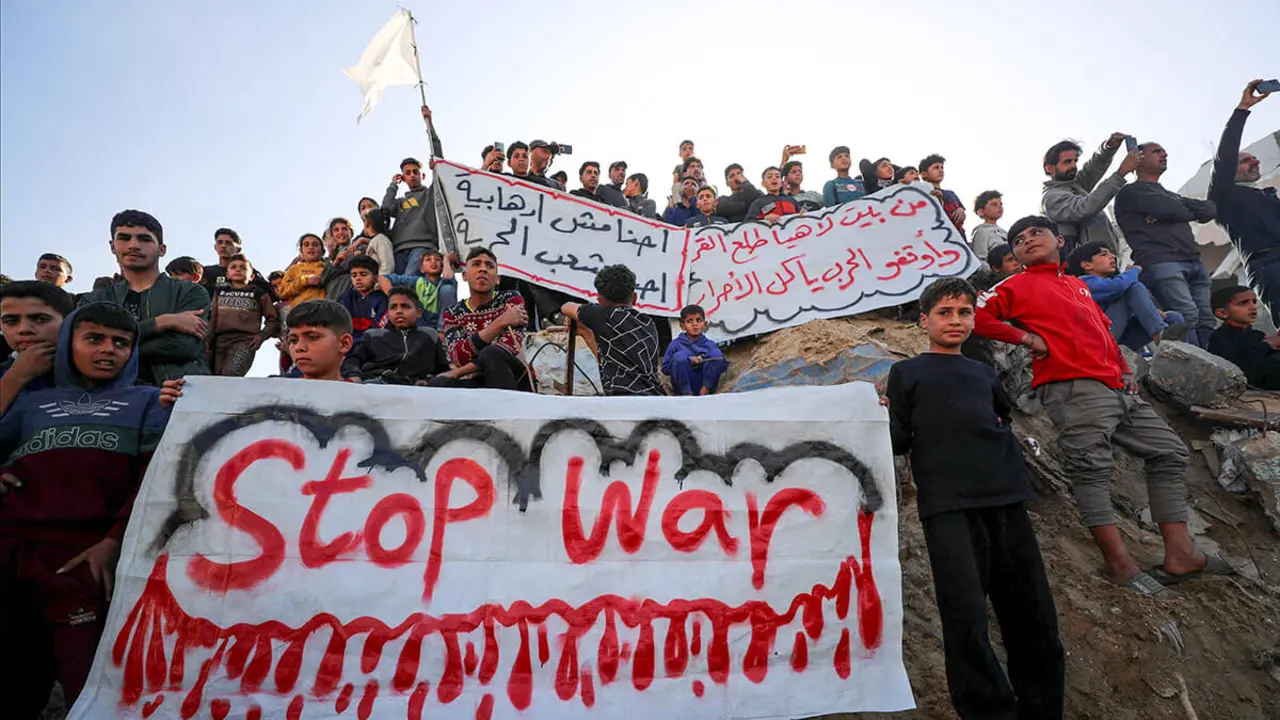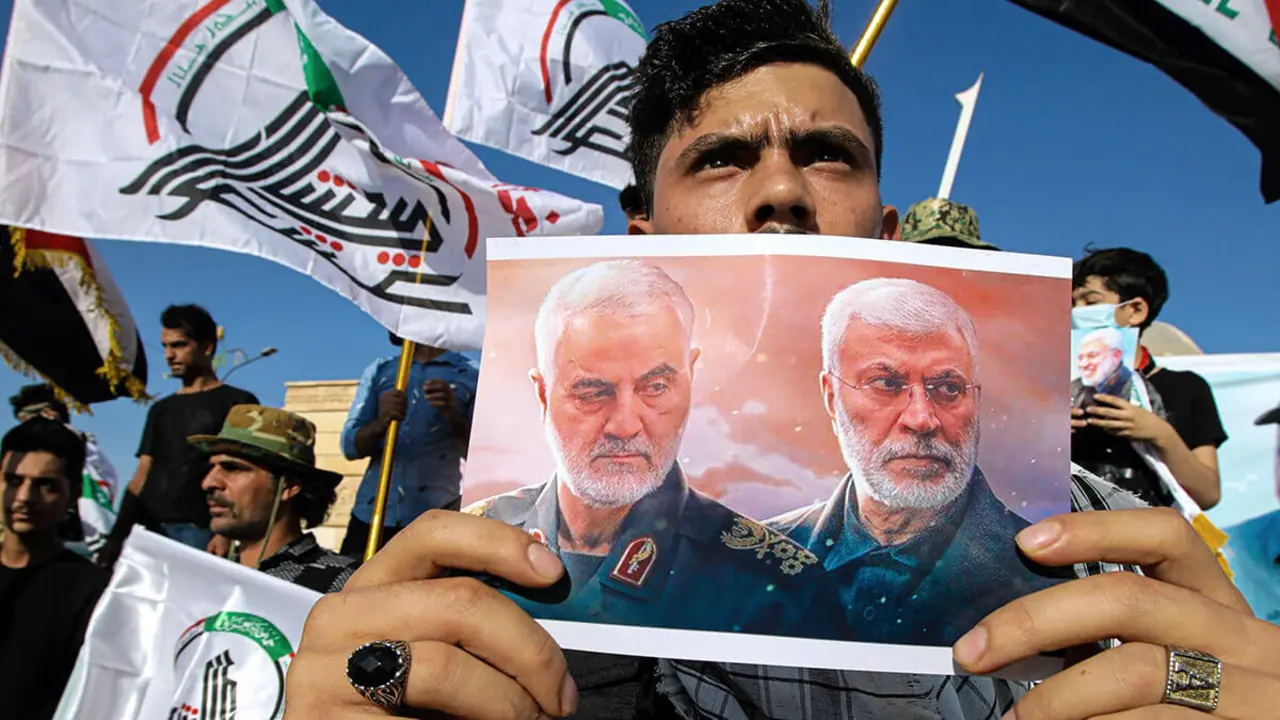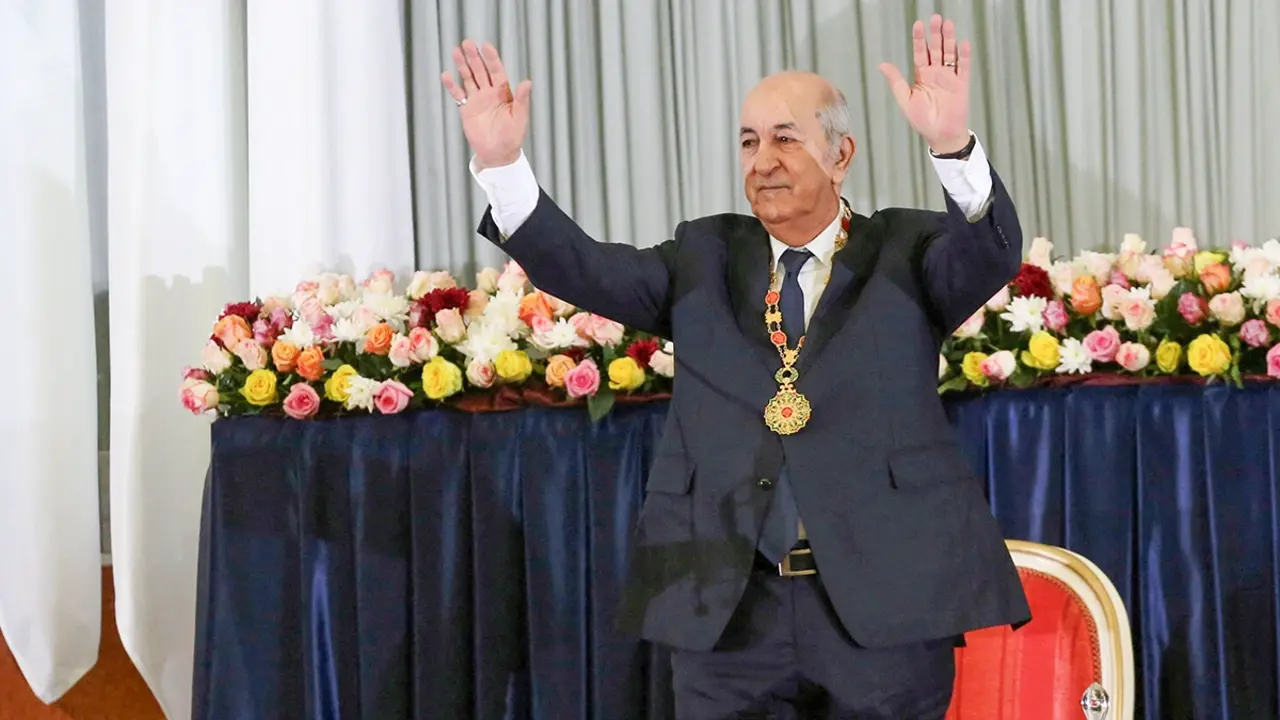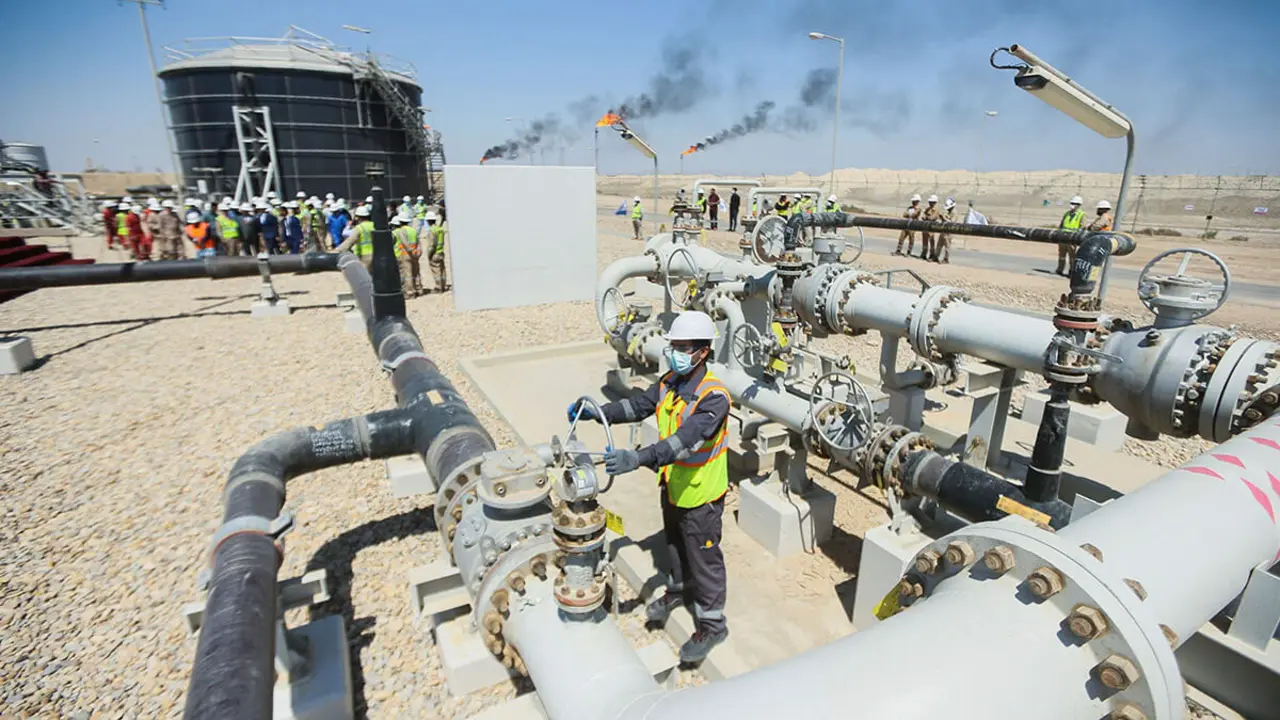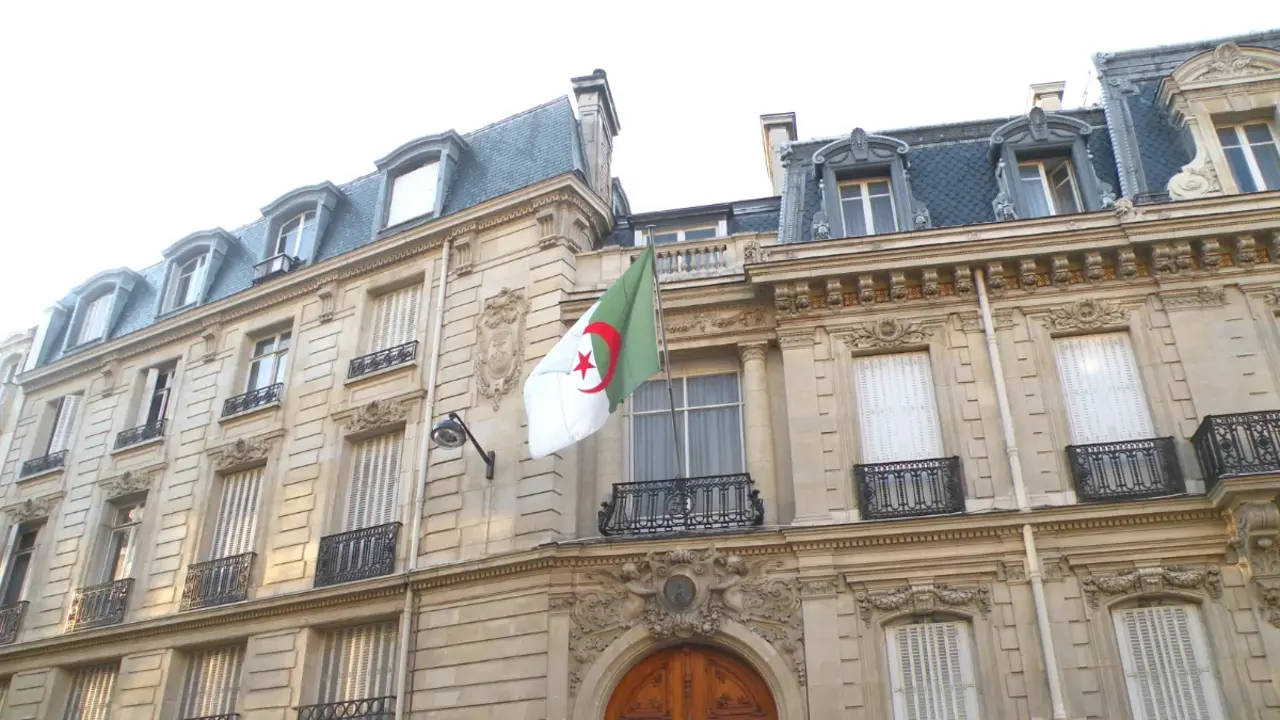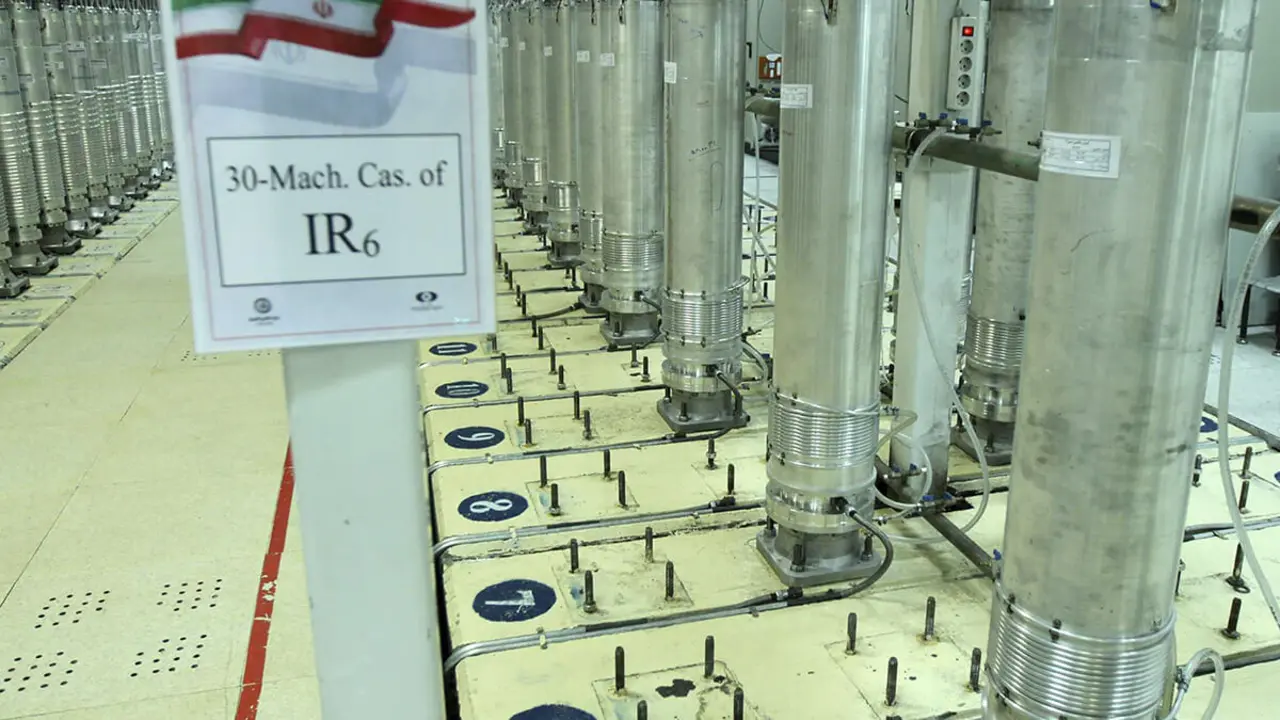Coronavirus pandemic: chronicle of a announced death
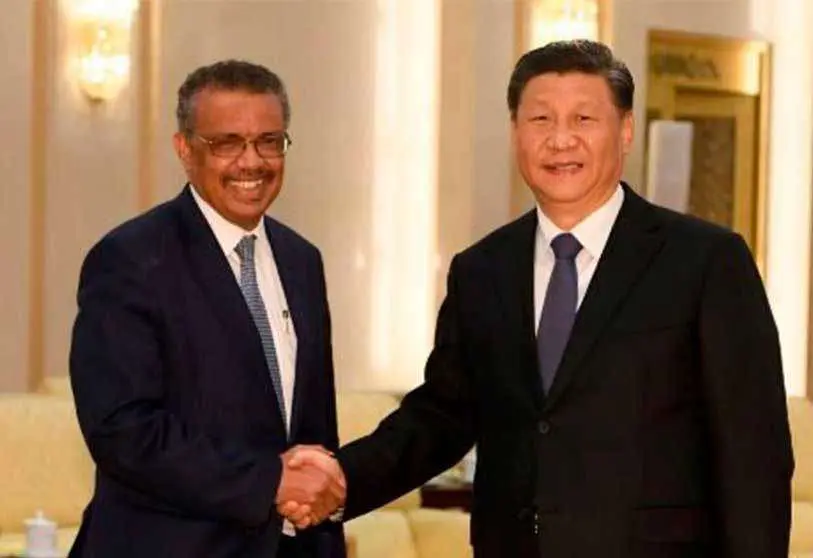
"The world is living with the anguish of succumbing to a pandemic. Emergency hospitals, shortages of medical supplies and equipment, dangers faced by health workers in even the most powerful countries in the world, fears of contagion and economic paralysis that herald an unprecedented global recession, have put us in front of the greatest crisis the planet has seen since the Second World War. The unusual thing is that we were warned. You only have to look at where it all began". This is an extract from Patricia Janiot's extensive report entitled "Posthumous Apologies".
Janiot travels back in time to the 2007 studies - conducted by infectious disease specialists at Hong Kong University - which warned that "the presence of large deposits of viruses like SARS-CoV in bats, along with the culture of eating exotic animals in southern China, is a time bomb. The possibility of a resurgence of SARS and other new animal or laboratory viruses and the need to be prepared should not be ignored.
It has been thirteen years since then. Along the way, experts and scientists continued to warn about the risk. Doctor Larry Brilliant has insisted on the need for a global and open warning system that does not depend on the bureaucracy and lack of transparency of some governments. A system that allows the identification of diseases in time to avoid an epidemic. More than a year ago, during the first quarter of 2019, Chinese epidemiologists warned that it was "highly possible that future outbreaks of coronaviruses such as SARS or MERS" could be caused by bats, as well as the "increasing probability that the outbreak [would] occur in China".
At least three journalists who questioned the poor management of the health crisis were arrested and the doctor Li Wenliang who tried to warn of the imminent epidemic died, apparently from the virus. This fact showed, once again, the totalitarian nature of the Chinese regime and the lack of freedoms - freedom of information, press and expression - in communist China. "It is undeniable that the secrecy and censorship of the Chinese Communist Party, specifically at the crucial stage of the beginning of the outbreak, has cost us thousands of human lives," Janiot observes. The debate that has arisen in recent months about the coronavirus pandemic goes beyond the health crisis, it is also a question of transparency, the rule of law and freedoms.
China kept information from the world for several weeks and during that period it engaged in propaganda to distract and avoid panic among the population, played down the epidemic and organized massive events in the city of Wuhan, the epicentre of the outbreak. The communist dictatorship banned several laboratories from releasing the results of samples from several patients who had been suffering from unexplained viral pneumonia since December 2019. The government waited until January 20 to admit that the virus was transmitted from person to person. It was only then that the authorities declared an emergency and publicly reported it to the World Health Organization. It had been 21 days since Dr. Li had warned of the situation, according to Janiot's reconstruction.
China is responsible for losing crucial days in taking measures to contain the spread of the virus. "Through their irresponsibility and utter negligence, they have put the lives of millions of people in 188 countries and territories around the world at risk. "What would have happened if China, when the first cases were known, had taken the measures it did several weeks later when the epidemic was already raging”?. "Why has China so far been treated with silk gloves by multilateral agencies and the international community when it bears direct responsibility for the onset of the coronavirus pandemic and its corresponding economic debacle"?
China has executed a vast propaganda, diplomacy and public relations campaign both to reverse the damage to its image and to distract from its responsibility in the pandemic. The regime has sent tens of millions of face masks, medical supplies and hundreds of respirators to dozens of countries. Humanitarian aid that pays off diplomatically and communicatively. After the donations made by the dictatorship, it tends to be nuanced and even forgets its responsibility in the current crisis. The epidemic became a pandemic, the virus spread to all regions and continents.
More than 10 million people in the world have been infected and more than half a million have died. The WHO - which was already affected by the White House's cut in funding for the rapid response system and will be even more so with President Trump's recent announcement of the end of the U.S. relationship with the World Health Organization - has been severely challenged in its credibility because of its alignment with Beijing. It should be noted that the credibility of international bodies has been greatly compromised in recent years by the influence exerted on them by various dictatorships and totalitarian regimes.
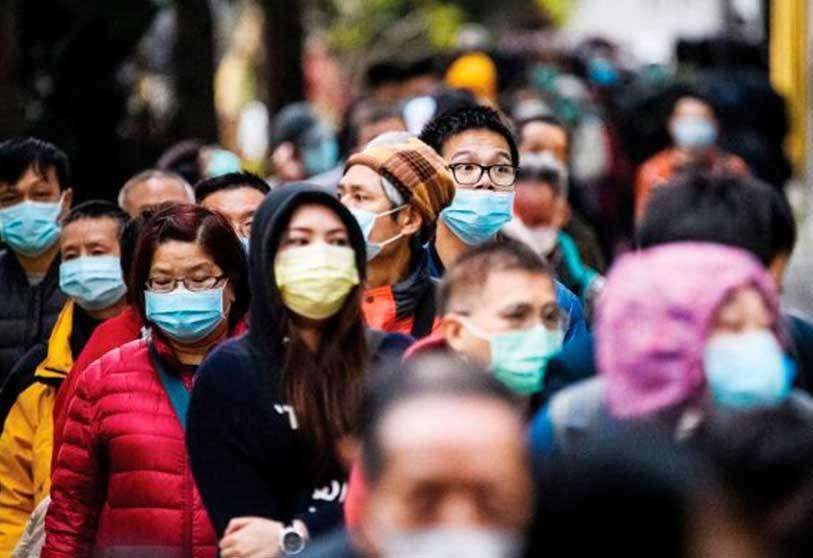
Patricia Janiot is right: "This global tragedy has left us with a very important lesson. It is imperative that governments and citizens condemn dictatorships and their reprehensible censorship, which in this case has had an incalculable cost in human lives and economic damage for the whole world. The future and dreams of millions of human beings have been left in limbo [...] The lack of transparency in public health matters should be a crime against humanity. This shows us that authoritarian and secretive regimes are a danger to health and world peace [...] The crisis should leave us with another lesson: to finally end our dependence on cheap Chinese manufacturing, on which a good part of the pharmaceutical industry even depends. This epidemic in China endangered the hospital and health response worldwide by not having enough basic supplies that, to a large extent, are manufactured in China [...] We must rethink whether the formula of free trade with the Asian giant is the best way to do business without restrictions, especially with such an unreliable partner, as was demonstrated in the management of the coronavirus crisis. Today we see with horror how the Chinese model of economic openness, on the one hand, but totalitarianism, on the other, has led us to a global health crisis whose effects are still unpredictable. Countries must demand transparency from China in terms of the flow of information, freedom and democracy".
Dictatorships do not apologize for their abuses, authoritarianism, arbitrariness and obscurantism. China "has pushed mankind to the brink of collapse". Will there be consequences for Beijing? Xi Jinping's government owes the world an explanation. And, even more, the international community must ask China for explanations and not favour its impunity. China is one of the permanent members of the United Nations Security Council.
Can the export of Cuban medical missions or the shipment of masks and medical supplies -Made in China- minimize the dictatorial character of the regimes in Havana and Beijing? Is there a standard fee for each doctor that Cuba exports or does the Castro regime charge according to the face of the buyer?
Algeria, for example, pays more than six thousand euros for each Cuban doctor in its territory and, in addition, assumes, among other expenses, the transfers from the Caribbean to North Africa and the return of personnel to the island. Algiers paid Havana 65 million euros for 890 Cubans deployed in Algeria. Could it be that an Algerian medical professional gets paid in his country about 6,086 euros per month? That would be the amount paid by the Algerian regime to the Cuban regime for each health professional. Some suggest that a doctor in Algeria does not even receive a salary of 500 euros per month.
"A lapidary report by the UN Special Rapporteur on Contemporary Forms of Slavery and the UN Rapporteur on Trafficking in Persons recorded the concern of these UN bodies about forced labour, "various forms of modern slavery" and the permanent persecution of health professionals that Cuba adds to its special missions sent abroad by the Castro regime. The Castro regime keeps up to 90% of the salary it charges for each doctor it exports. In the Cuban medical missions, as different researchers have documented, not all the personnel is limited to providing health services, there is also espionage, propaganda, indoctrination and other activities. Cuban medical missions - not philanthropy - are diplomacy, business, intelligence and the temporary sale of slave doctors. Castro will say that whatever he charges Algeria is little because of the invaluable help he has given Algiers, a historic partner and great friend, in the matter of Western Sahara. Meanwhile, Cuban diplomacy takes advantage of the situation to boast and show off figures: Cuba would have sent some 2,500 medical professionals to different countries in the context of the current situation. The Cuban ambassador in Algeria, Armando Vergara, was lecturing on Twitter about "the triumph of life over death, solidarity over self-interest, socialist idealism over the myth of the market. Pure philanthropy, Mr. Ambassador!
Avoid falling into the trap. There are no dictatorships less evil. A dictatorship is a dictatorship. Freedom is not an expendable accessory to the efficient authoritarianism displayed by dictators. Freedom, democracy, transparency and institutions are more necessary today than ever before. The manifest emotion of a young Maghrebi journalist who felt her skin crawl at the sight of Communist "solidarity" is the product of the Cuban and Algerian indoctrination that Algerians and Saharawis have received for decades. This young woman, like many other immigrants living in Spain, decides to ignore that altruism and philanthropy are not the characteristics that define and encourage communist dictatorships. However, it is paradoxical that citizens who seek by different means to leave Algeria and reach Europe - countries with democracy and freedom - even if they do not choose to emigrate to Cuba, praise Castroism. A dose of reality would not hurt these unwary dreamers.
*Clara Riveros is a political scientist, consultant, political analyst on issues related to Latin America and Morocco and director at CPLATAM - Political Analysis in Latin America

